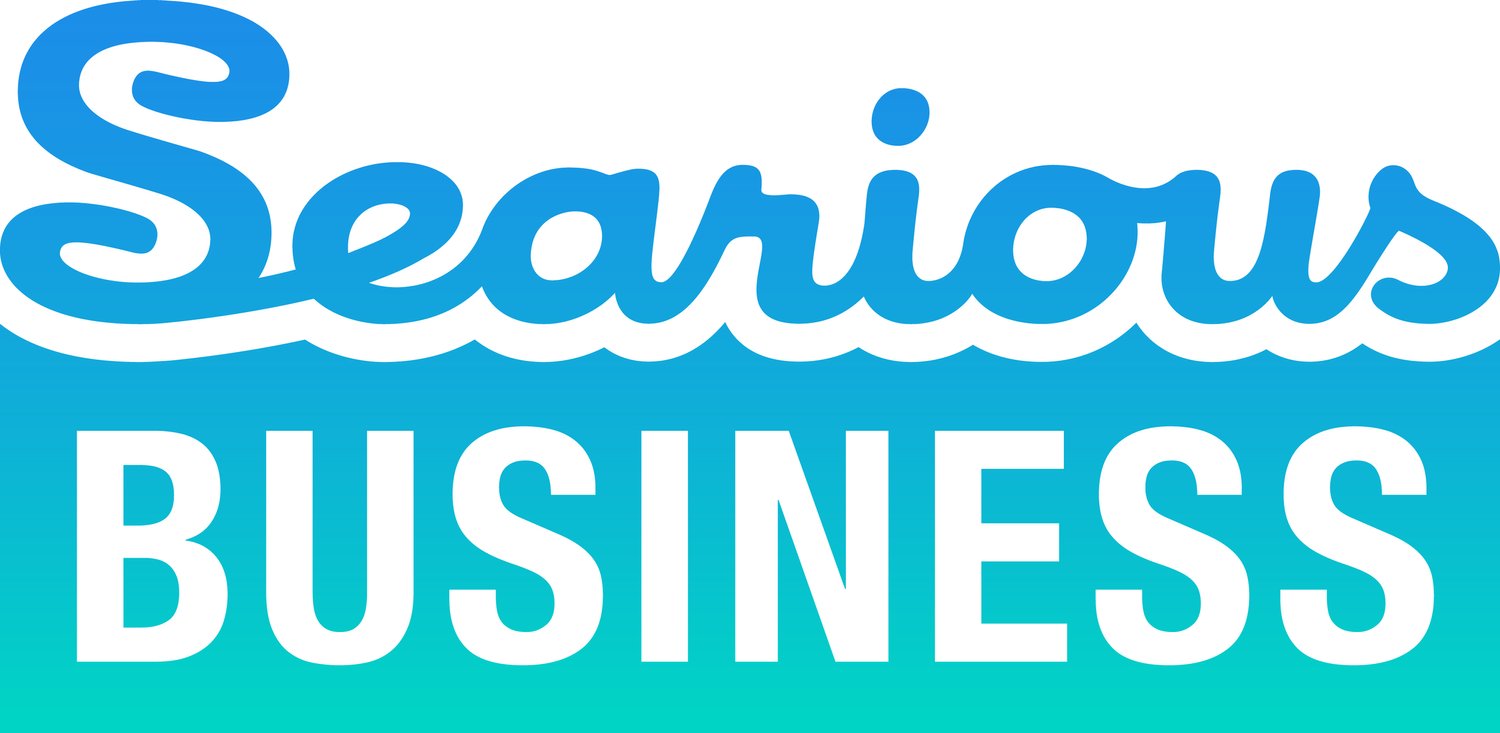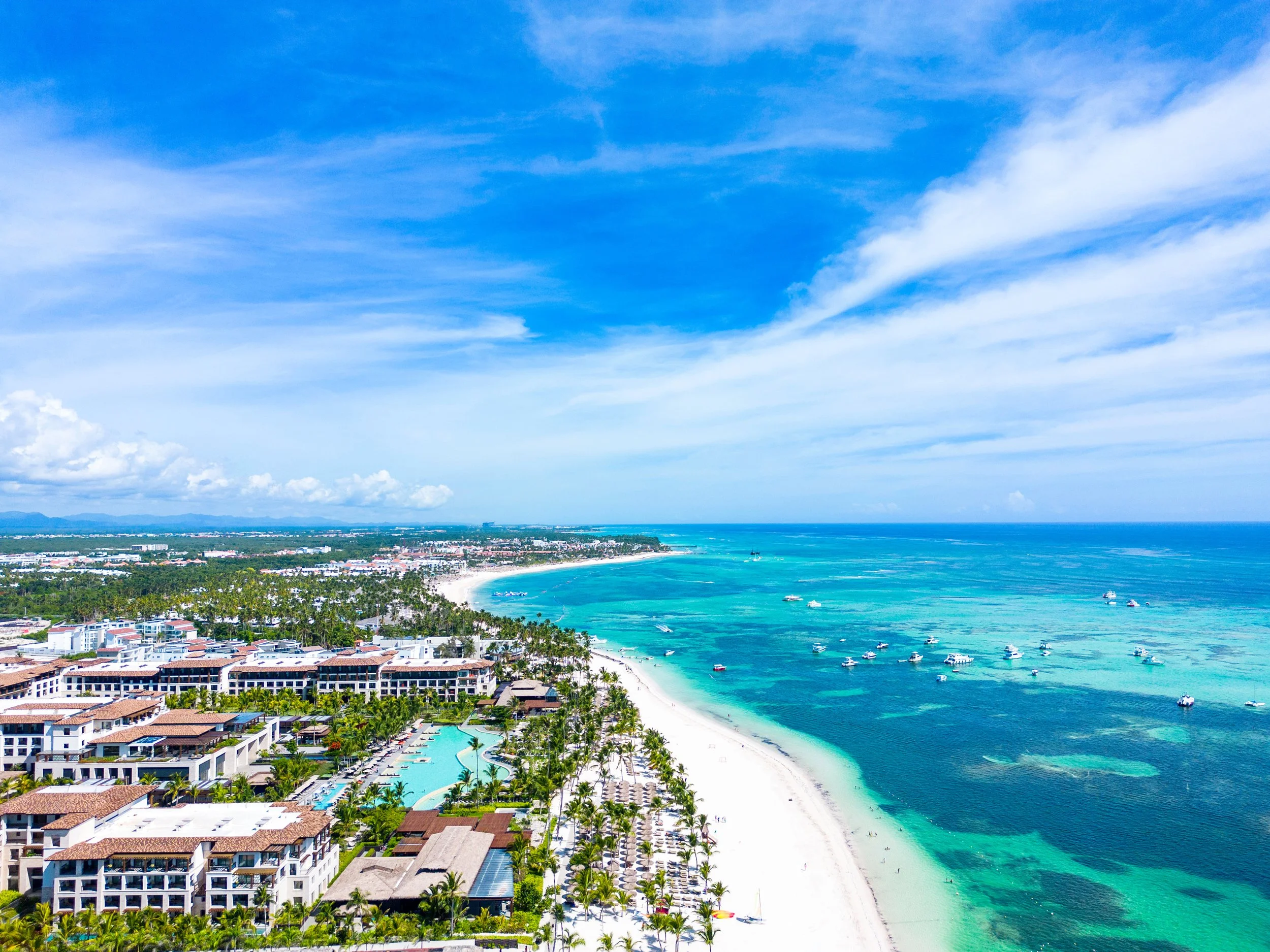EPPIC
Policy in Practice
The End Plastic Pollution International Collaborative (EPPIC) is a public-private initiative funded by the U.S. Department of State and hosted by a consortium including IUCN, The Ocean Foundation, the Aspen Institute, and Searious Business.
EPPIC galvanizes global efforts to combat plastic pollution through a "whole-of-society" approach, focusing on upstream and midstream solutions within the plastics lifecycle. Capacity-building is supported through grants, innovation prizes, and collaboration with diverse stakeholders. MSMEs are empowered to scale sustainable practices via training workshops, networking hubs, a technical helpdesk and tailored business development support. Additionally, countries receive assistance with policy development to advance the transition to a circular economy for plastics.
Key Elements
Business Development – Supports in-country organizations and MSMEs with technical and organizational assistance to scale reuse/refill infrastructure.
Grant Program – Funds in-country projects focused on locally relevant upstream and midstream solutions.
Innovation Prize – Inspires groundbreaking global solutions for plastic pollution and promotes plastic circularity.
Convenings – Brings together diverse public and private stakeholders to foster new ideas, navigate policy, and collaborate on business solutions.
Policy – Partners with national governments and stakeholders to co-create policy recommendations that advance circular solutions.
EPPIC Business Development
The EPPIC Business Development program empowers MSMEs in Africa and Latin America to cut plastic waste through up and midstream solutions like reusable packaging and sustainable design.
By connecting businesses through national and regional hubs, EPPIC fosters collaboration and innovation. With investment matchmaking, knowledge sharing, and a national helpdesk offering tailored advice, EPPIC strengthens efforts to prevent and reduce plastic pollution. Online training for reusable packaging will also be available starting in early 2025.
Reuse systems are a crucial midstream intervention that directly prevents plastic waste by keeping products and packaging in circulation longer. However, establishing the infrastructure to support reuse as a primary delivery model is both complex and investment-intensive. Searious Business identified key barriers and levers for scaling reuse systems in Costa Rica, Senegal, Ghana, Kenya, and South Africa. The executive summary below offers strategic insights for stakeholders to implement impactful reusable packaging schemes focused on high-potential priority applications.
REUSE SYSTEMS
Executive Summary
.
Timeline of reuse activities
Our Sustainable Packaging Helpdesk is available in EPPIC countries in all languages.
Going live in January 2025. More info:
EPPIC Reuse Training Workshops
Searious Business monthly recap
Stay up to date with our projects and other developments in the circular economy
















